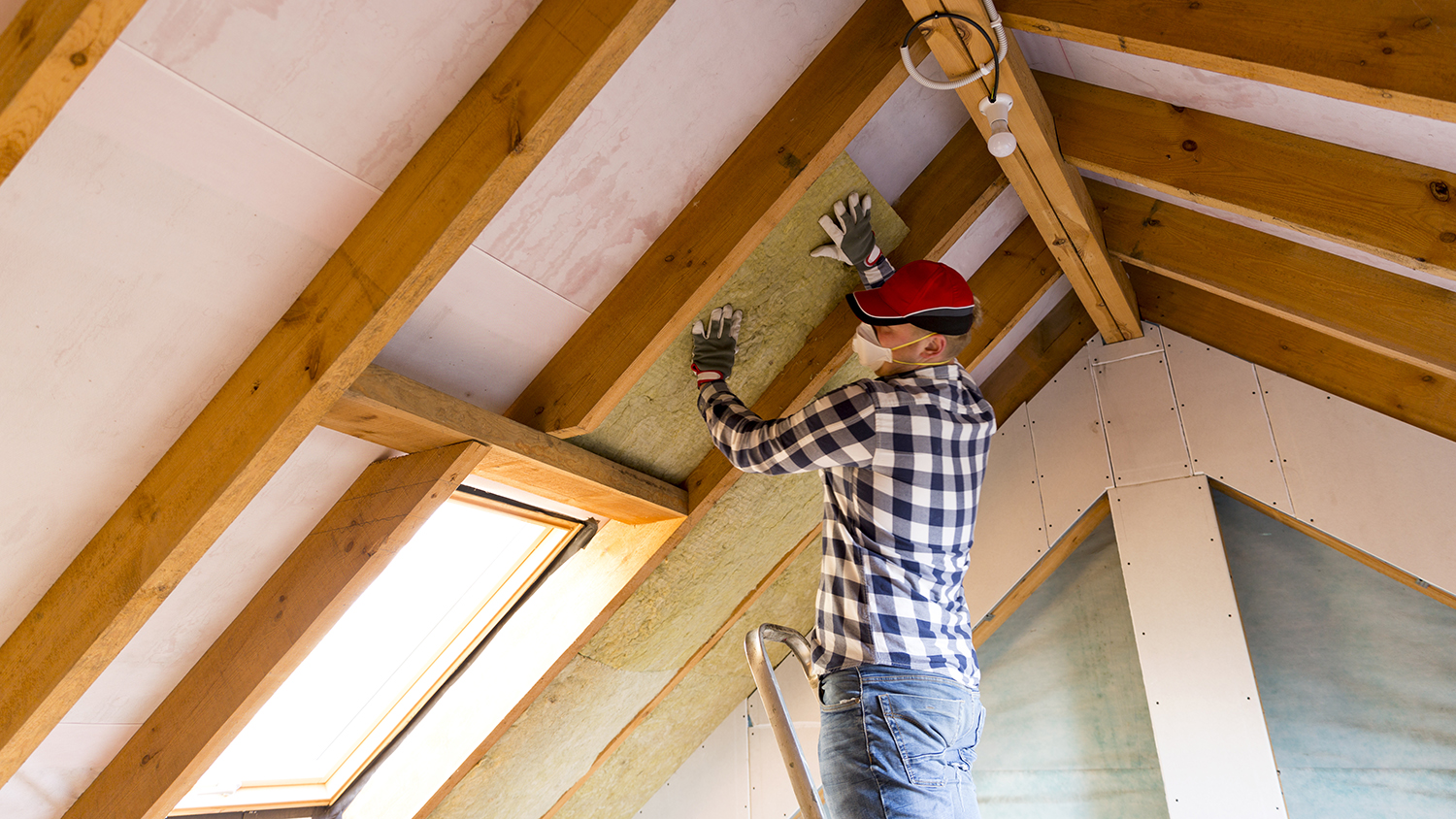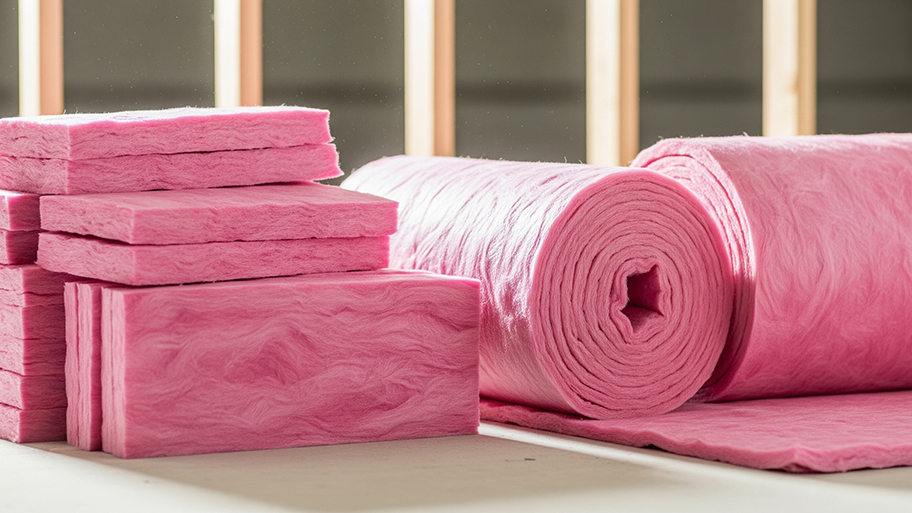
Trying to calculate how much spray foam insulation costs? Our in-depth guide breaks down pricing by type, amount, and where you install it.



*The Angi rating for Soundproofing Service companies in is a rating based on verified reviews from our community of homeowners who have used these pros to meet their Soundproofing Service needs.
*The HomeAdvisor rating for Soundproofing Service companies in is a rating based on verified reviews from our community of homeowners who have used these pros to meet their Soundproofing Service needs.
Last update on
When choosing a professional insulation installer, consider asking these questions to determine the best fit.
Will you address air leaks in my house?
Can you provide an R-value (heat resistance) fact sheet?
What kind of insulation will work best for my home?
How do you handle signs of a water leak?
Are you licensed and insured?
Can you provide customer references?
The best type of insulation for your home depends on what you need, so the answer will depend on your specific situation. If you’re building a house, structural panels are easy to install during the building process in addition to being the most energy efficient type. If you live in a warm climate, reflective insulation may benefit you more as it costs less than other insulation types. And for standard attics, loose-fill, spray foam, or blown-in insulation work well.
If you plan to heat or cool your garage, you’ll need to insulate the garage ceiling. Insulating your garage ceiling will make your garage much more energy efficient and save on heating and cooling costs. Not only does insulation make your garage more energy efficient, it helps reduce noise and can extend the life of your garage roof. You can use fiberglass, cellulose, mineral wool, or spray foam insulation for this project.
In some cases, you may not have enough insulation to properly regulate your home’s temperature. Watch for a few signs your home needs more insulation, such as:
High heating and cooling bills
Uncomfortable room temperatures
Ice dams on the edge of your roof
Roof leaks
Cold floors and walls
Freezing pipes
Temperature fluctuations
Visibly low insulation
Noise problems
Pest problems
On average, insulating an attic costs about $2,500, ranging from $1,500 to $3,500, depending on the insulation type, amount, and your attic’s accessibility. Additional cost factors include sealing air leaks, removal or replacement of insulation, and inspections. Types of insulation include:
Blown-in: $1–$4 per square foot
Spray foam: $2–$5 per square foot
Batt: $2–$4 per square foot
Structural insulated panels: $4–$7 per square foot
Loose-fill: $2–$5 per square foot
Reflective: $0.50–$1.50 per square foot
From average costs to expert advice, get all the answers you need to get your job done.

Trying to calculate how much spray foam insulation costs? Our in-depth guide breaks down pricing by type, amount, and where you install it.

Discover roof insulation costs, including average prices, key cost factors, and expert tips to help you budget and save on your next project.

Crawl space insulation costs vary by size, insulation type, and material. Read this guide to learn how much your crawl space insulation could cost.

Knowing how to calculate the R-value of insulation and other materials is essential for determining whether you have too little or too much of it.

Our guide helps you select the right type of garage insulation to regulate temperature, sounds, and smells in your garage space.

Are you wondering how to install foam board insulation? This step-by-step guide can help you decide whether you can tackle the project yourself or if you're better off calling a pro.